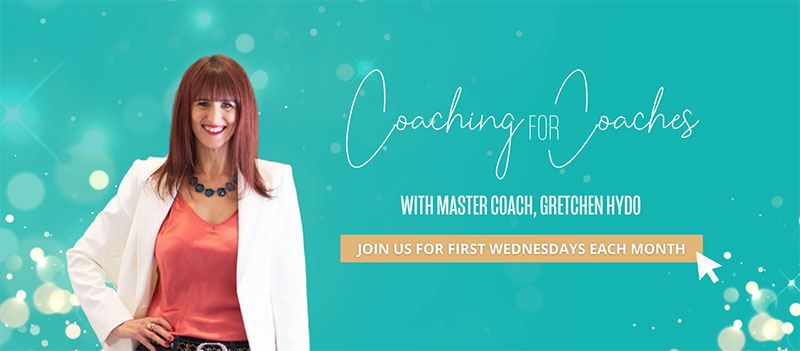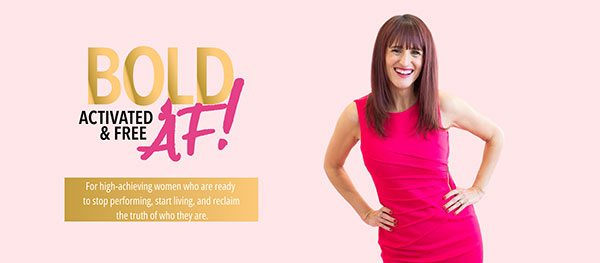 It sounds simple. Simple enough that it is one of the first “rules” we learn as children. Always tell the truth. And yet, so few of us actually do tell the truth – at least when it comes to how we really feel or think about things. We learn early to keep the truth hidden. When people ask us how we are, we say “fine.” If we’re asked to give a preference, we say “no big deal,” “either way,” “I’m fine with whatever.” When we actually know full well what we’d prefer.
It sounds simple. Simple enough that it is one of the first “rules” we learn as children. Always tell the truth. And yet, so few of us actually do tell the truth – at least when it comes to how we really feel or think about things. We learn early to keep the truth hidden. When people ask us how we are, we say “fine.” If we’re asked to give a preference, we say “no big deal,” “either way,” “I’m fine with whatever.” When we actually know full well what we’d prefer.
And why do we do this? For most of us, it comes down to one thing: we want to be liked. We’re terrified that if we were to tell people how we really feel, or what we really want, or what we really think about things, they’d turn their backs on us. After all, nobody wants to be thought of as “complicated” or “needy” or “a control freak.” So we choose the polite option. We trade being open and honest for being liked and for being approved of. We do this without even thinking.
The big problem with all of this, of course, is that when we don’t tell the truth to others, we can stop telling it to ourselves. When we shrug and say “it doesn’t matter” to others, we can begin to believe it, too. Our own wants, likes and dislikes, dreams and goals, can get buried and lost. We say yes to things that we’d rather not do. We go along with plans that others make for us, instead of forging our own path. We can even find ourselves living other people’s lives. Their truth can become ours, if we’re not careful. And when that happens, we forfeit our lives in the process.
Hiding the truth of who we are only leads us into hiding, period.
So how do we break out of this destructive habit? We need to start getting more comfortable with the truth. Ok, maybe we don’t want to go ahead and tell our mother-in-law just how much she irritates us. And maybe we don’t want to tell our significant others every little thing they do that makes us crazy. But we can start to become more comfortable with honesty – with letting people see us, hear us, and know us. Telling the truth may not always feel good, but it can have wide-ranging effects on our well-being and on our future. Even before we do this, however, we must also become aware of what our preferences and true feelings actually are.
Here are some exercises we can do to become aware of our true beliefs, feelings, and preferences, and how to communicate them to others.
1. Meditate. As you breathe in and out, quieting your mind, slowly become aware of how you are feeling in this present moment. Don’t try to change it or alter it. Just become aware of it and focus on accepting the feeling for what it is. When we can learn how to accept a feeling, even if it is a negative one, we can start to let go of the need to hide it.
2. Take some inventory. In order to become more transparent and open about your choices, preferences, and dreams, you first have to know what they are. Make a chart with three columns, marking one “Likes,” the second “Dreams, and the third “Goals.” For each column, write down whatever first comes to mind. Don’t think about anything too long – just write. You may be amazed at what comes out on the page. This is the beginnings of a roadmap to your true self.
3. Speak your truth. The next time someone asks you to make a choice, practice giving your true answer. Try not to think about what might sound good or right in this moment, or what that person may or may not want to hear. Try not to worry about hurt feelings. Keep an ear out for your inner voice – what is it telling you? This is something we can start doing with more basic, innocuous choices, and move slowly on to bigger, more impactful decisions.
4. Get rid of “shoulds.” The twelve-step community has a funny saying: “stop should-ing all over yourself.” When we say we “should” do something, often it’s a cue that we really don’t want to do it, and possibly for good reason. Investigate the reason.
5. Make a commitment. Make a commitment to becoming more truthful in your life. Write it down if that helps you. “I, (blank), am committed to living my life
in a way that more honestly reflects who I really am, my values, and my priorities.” This will give you motivation to keep going, even when it’s hard.
If you’re still finding it difficult to lean into truth-telling, then please schedule your complimentary thirty-minute phone session here.





